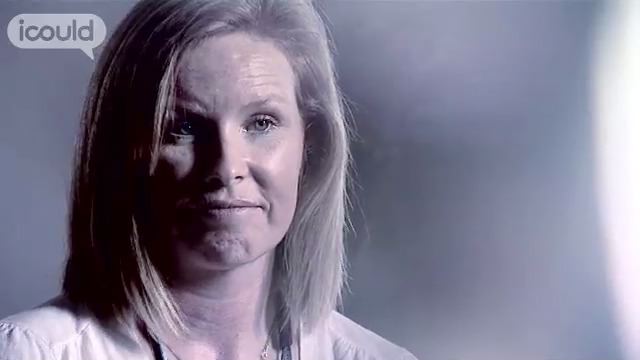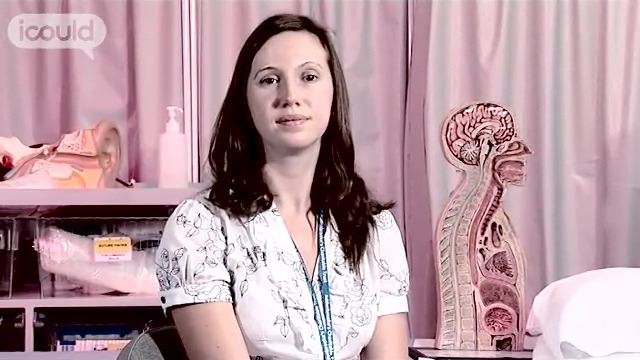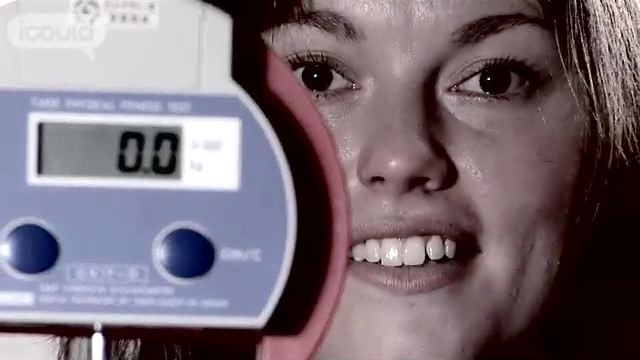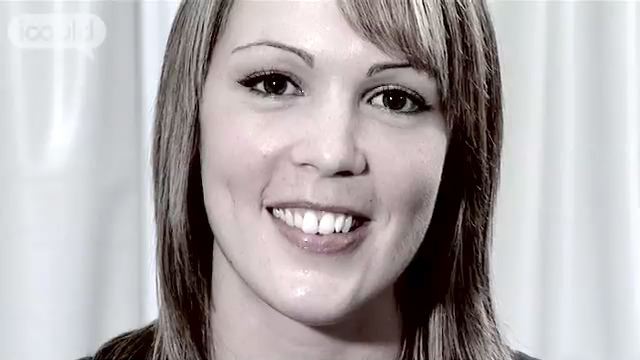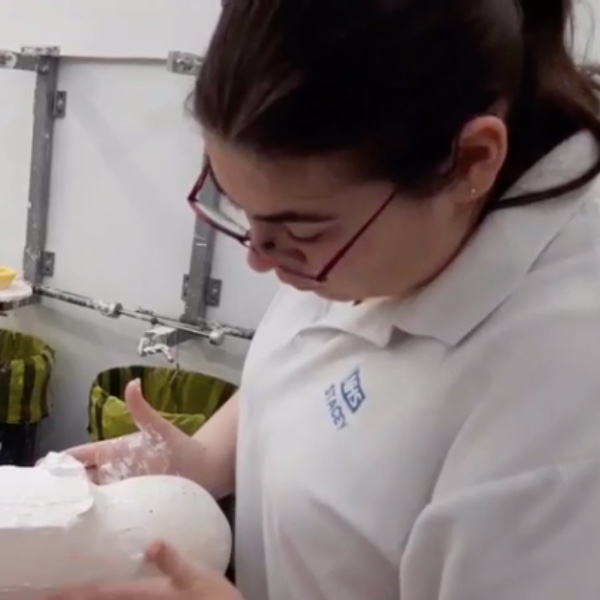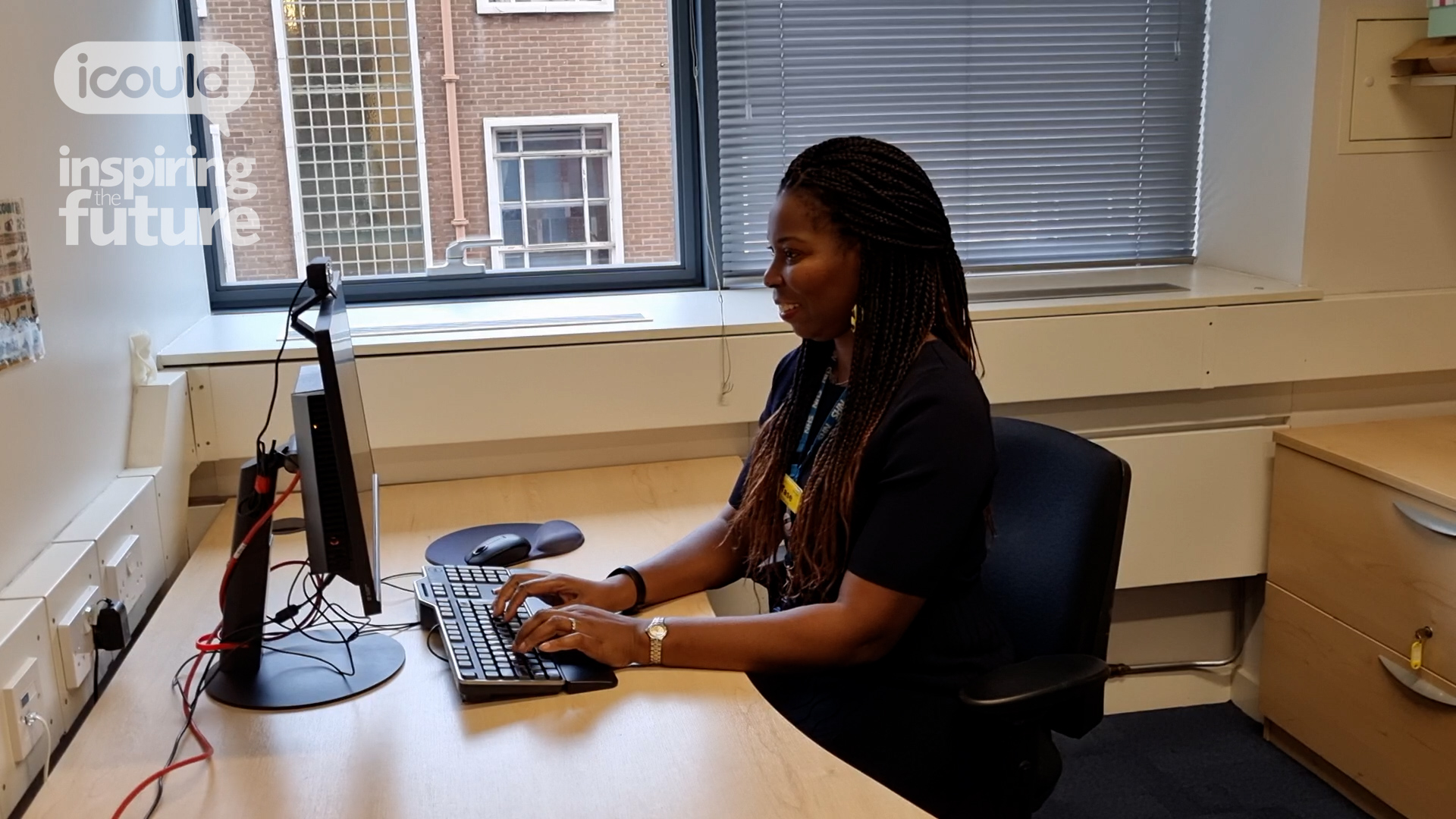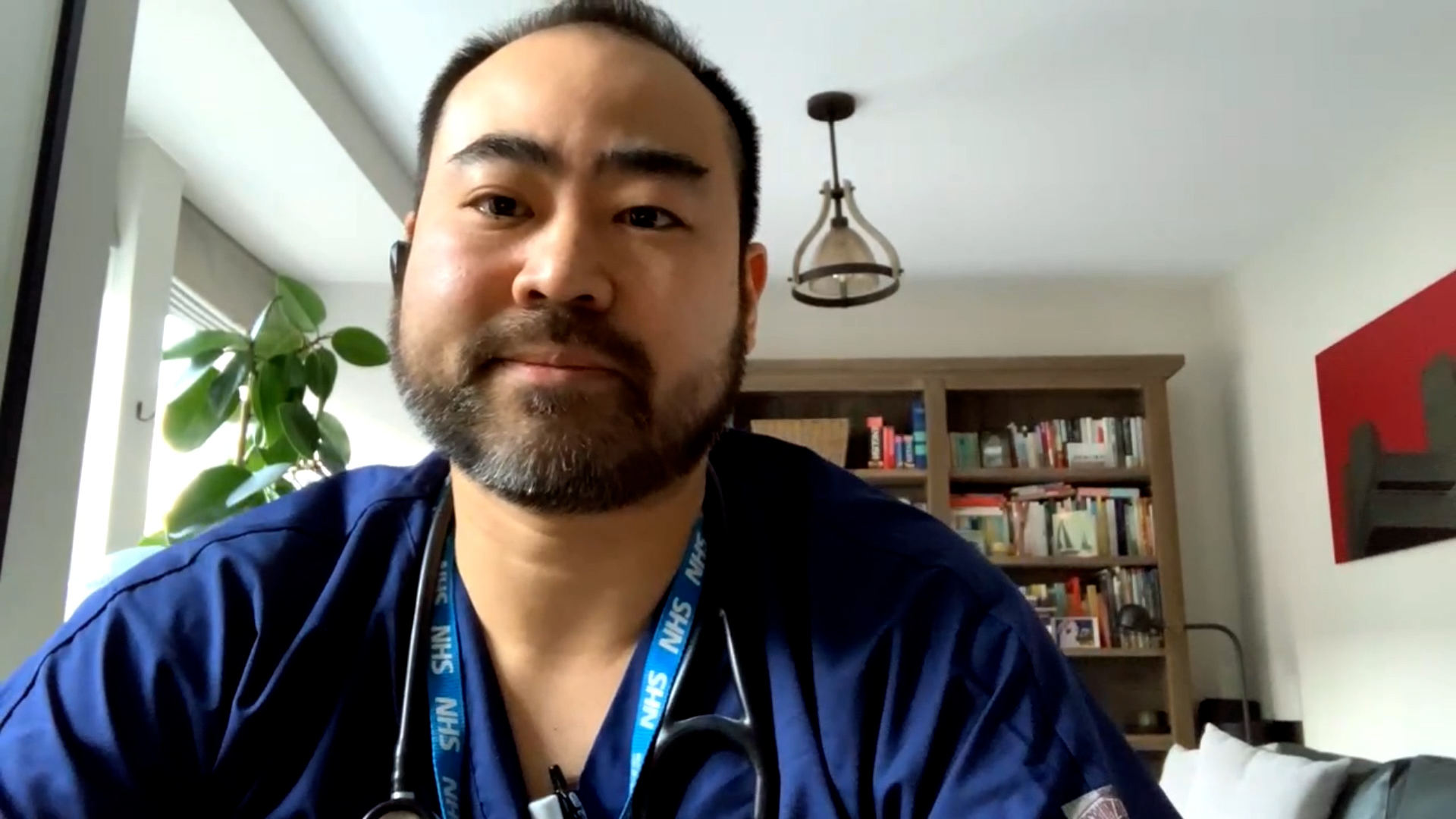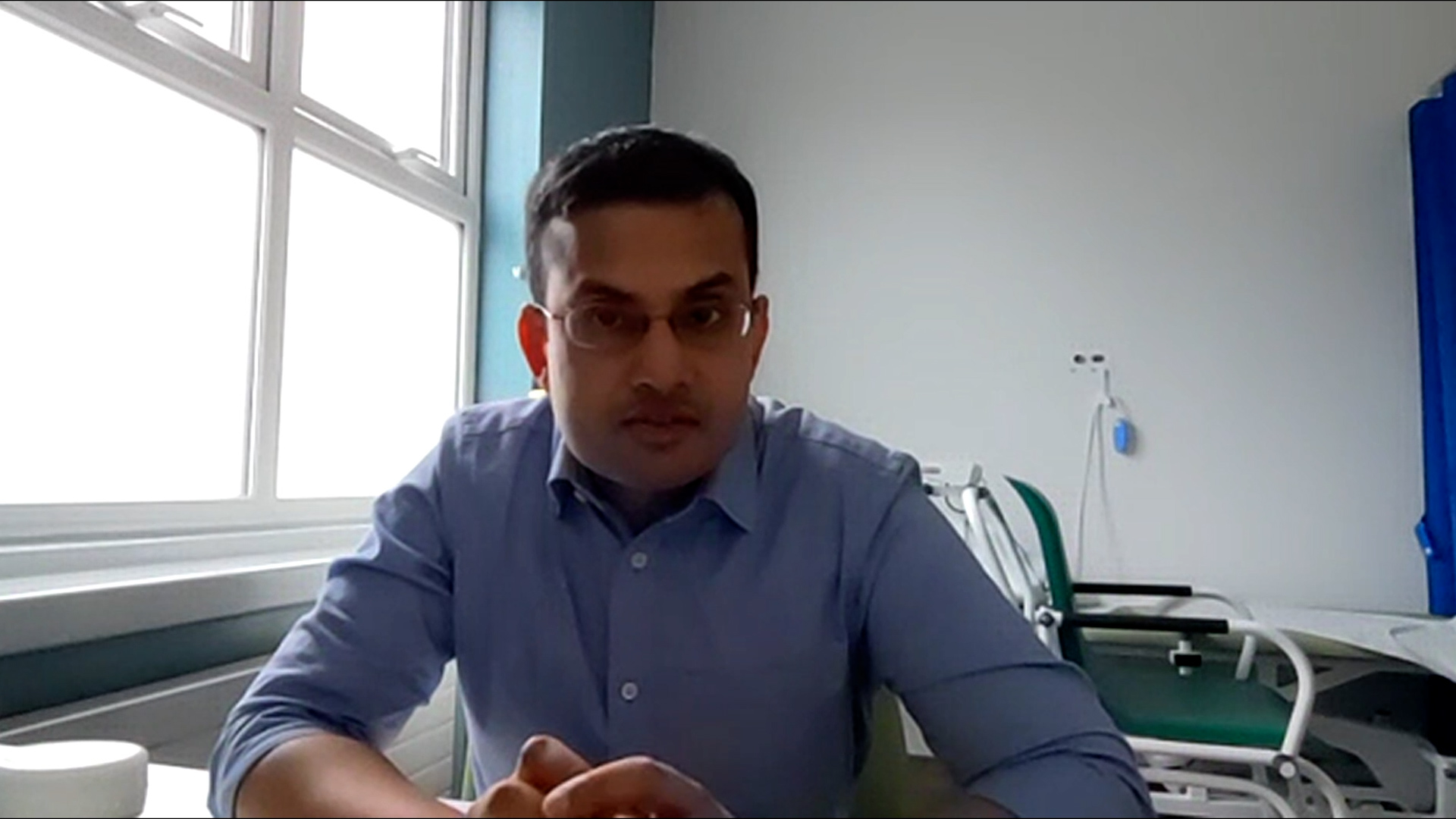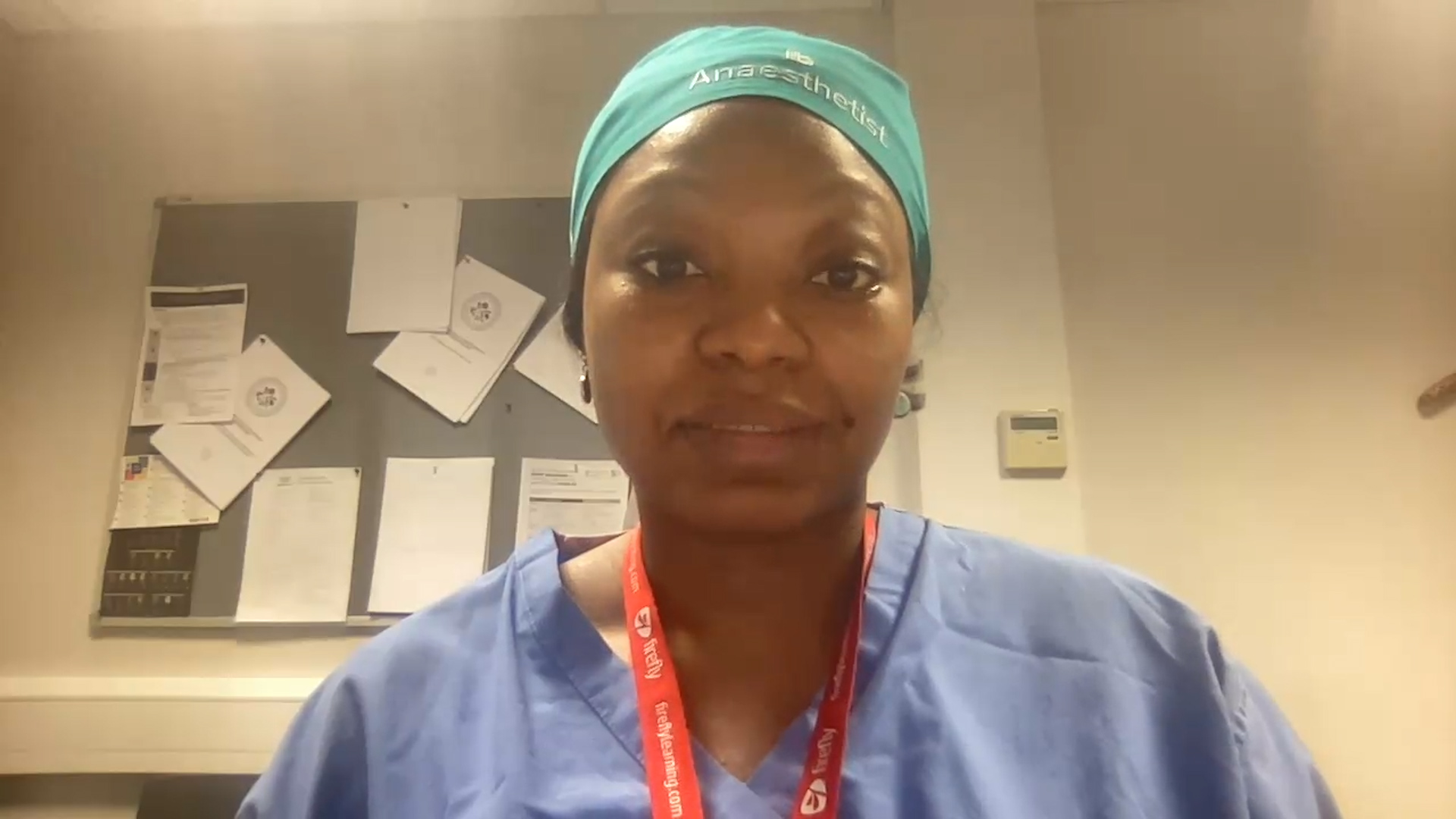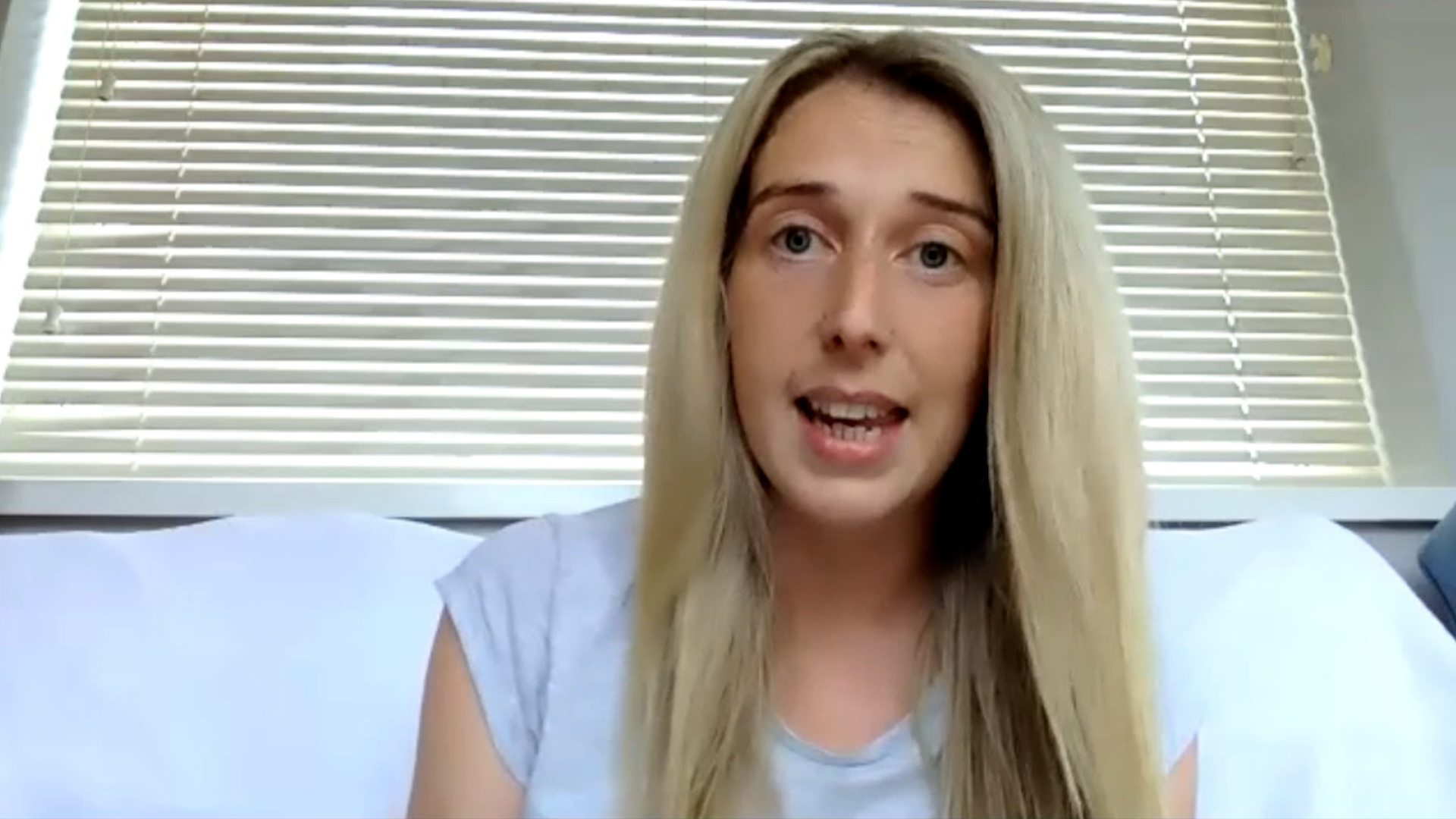Dietitian
Addenbrookes Hospital
Laura M
00:00:03 My name’s Laura M and I’m a dietician. My current job, I specialise in Hepatology, so that’s people who’ve got problems with their liver. I have an inpatient case load, so people who are admitted to certain wards with liver problems are my patients if they’re referred to the dietician. I’ll go and see them and assess their needs in terms of their nutrition.
00:00:27 This is to measure say someone’s muscle strength, and it measures it in kilos. And it’s quite good ‘cause it’s a kind of objective thing that patients can see. It’s oh come on you need to eat more, and you can explain to people why it’s good for their health that they – that they eat more.
00:00:43 I think one of the things I really like about the job is that you have to work hard for the qualification, but then the qualification gives you a certain standard to say yes, you can do this. And then you can apply that wherever you want. I mean wherever there’s people there’s health care so you can work – there’s a dietician on the North Sea oil rigs, you know, I mean you can go that far if you want.
00:01:03 I mean I think again I like the fact that you come in in the morning and you don’t know what’s going to happen. I came in this morning, found out my colleague’s sick, so I have to go and do her clinic after this, but then that’s what you do, isn’t it?
00:01:16 Well when I was at school I didn’t know what I wanted to do, went on to University. I left University and still didn’t know what I wanted to do. I worked in a big conference centre in catering. I worked with children with learning difficulties and special needs in school. I worked in a pub. And then decided that I wanted a career, instead of just doing different jobs, looked on the NHS website, to see what they had for about a week, and then I found out that you could get paid to talk about food, and never looked back really.
00:01:51 I don’t regret at all the things that I did, I think that I’ve tried loads of different things, I’ve been to different countries, and I think that can only help do the job I do. It also helps me to know that I’m doing the job I’m doing because I want to. There’s not wasted experience, if you do something that you don’t enjoy, then you can learn from the fact that you don’t enjoy that, and what was it you didn’t like about that.
00:02:14 I’ve never found making decisions about my life easy. The idea that I would sort of decide in my twenties what I wanted to do and do the same job for forty years, just seems like completely unrealistic. My parents were teachers and would work long hours, you know, and work in the evening, and sometimes they weren’t happy with that, and their friends would come round, and they would talk about the things they didn’t like about their jobs. And I think I always thought – I don’t want that.
00:02:41 Well I just got a new job two months ago, so I changed speciality, so I’ve got no plans to sort of change that in the near future. In five years’ time I think I’ll probably still be a dietician. I don’t know in what speciality or – I think in five years I’ll probably still be working for the Health Service, I really enjoy working for the Health Service, but I don’t know more specifically than that.
00:03:03 When I was at school I was one of the kind of slower kids who wasn’t really going to achieve so much, and there’s maybe one teacher that probably believed in me more, and that I certainly remember. You know, sort of praised maybe a couple of bits or work I did, and that – and that definitely stayed with me.
00:03:25 I think you can miss out on things if you’re really focused on something, and there’s another opportunity that comes along and you turn it down because you’re really focused on something. And I think if you’re open to things then quite often you can get more from them.
ENDS
When Laura left university she didn’t have a career plan. She tried a number of jobs, all valuable learning experiences, and when she discovered that the Health Service would pay her to talk about food she never looked back! As a dietician, specialising in helping patients with liver problems, it is hard to believe she is the same Laura who lacked confidence and struggled at school.
More information about Health professionals n.e.c.
The UK average salary is £29,813
There are 37.5 hours in the average working week
The UK workforce is 47% female and 53% male
Future employment
- Provides expert technical and technological support in the delivery of critical care;
- Provides high level support within surgical teams before, during and after surgery;
- Operate heart-lung machines during surgical procedures;
- Conducts medical education relevant to specialism and provides team leadership and supervision;
- Diagnoses and treats patients with a variety of hearing-related problems;
- Carries out a range of oral/dental treatments;
- Provides prosthetic devices to patients and advises on rehabilitation.
